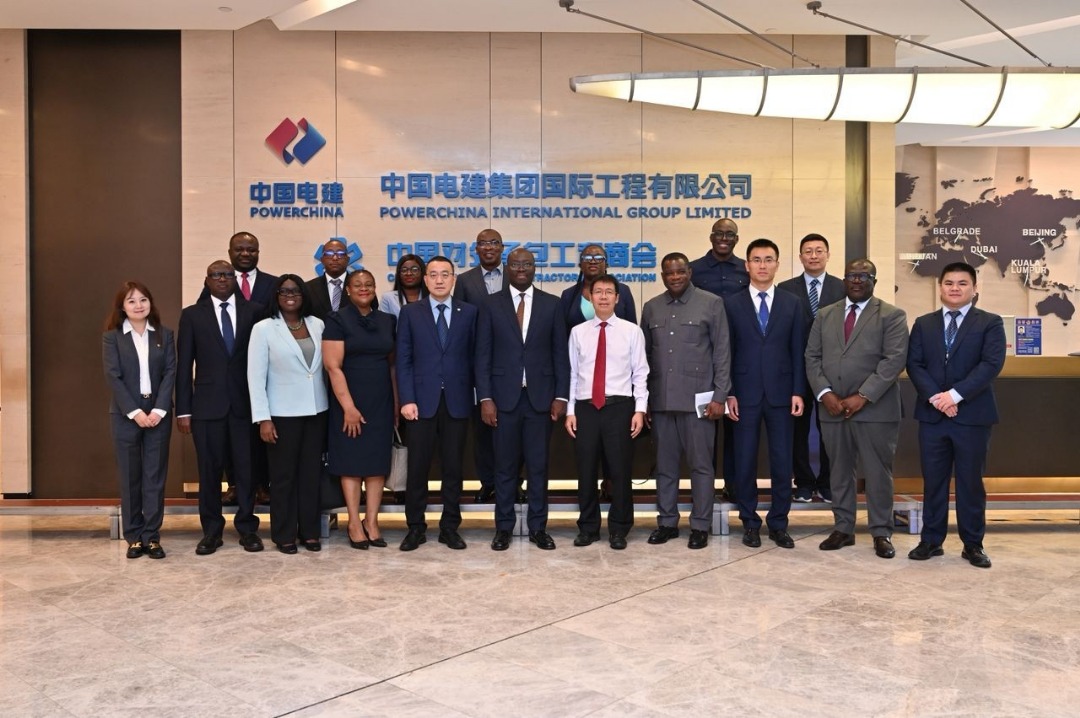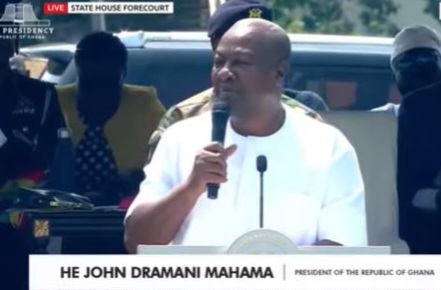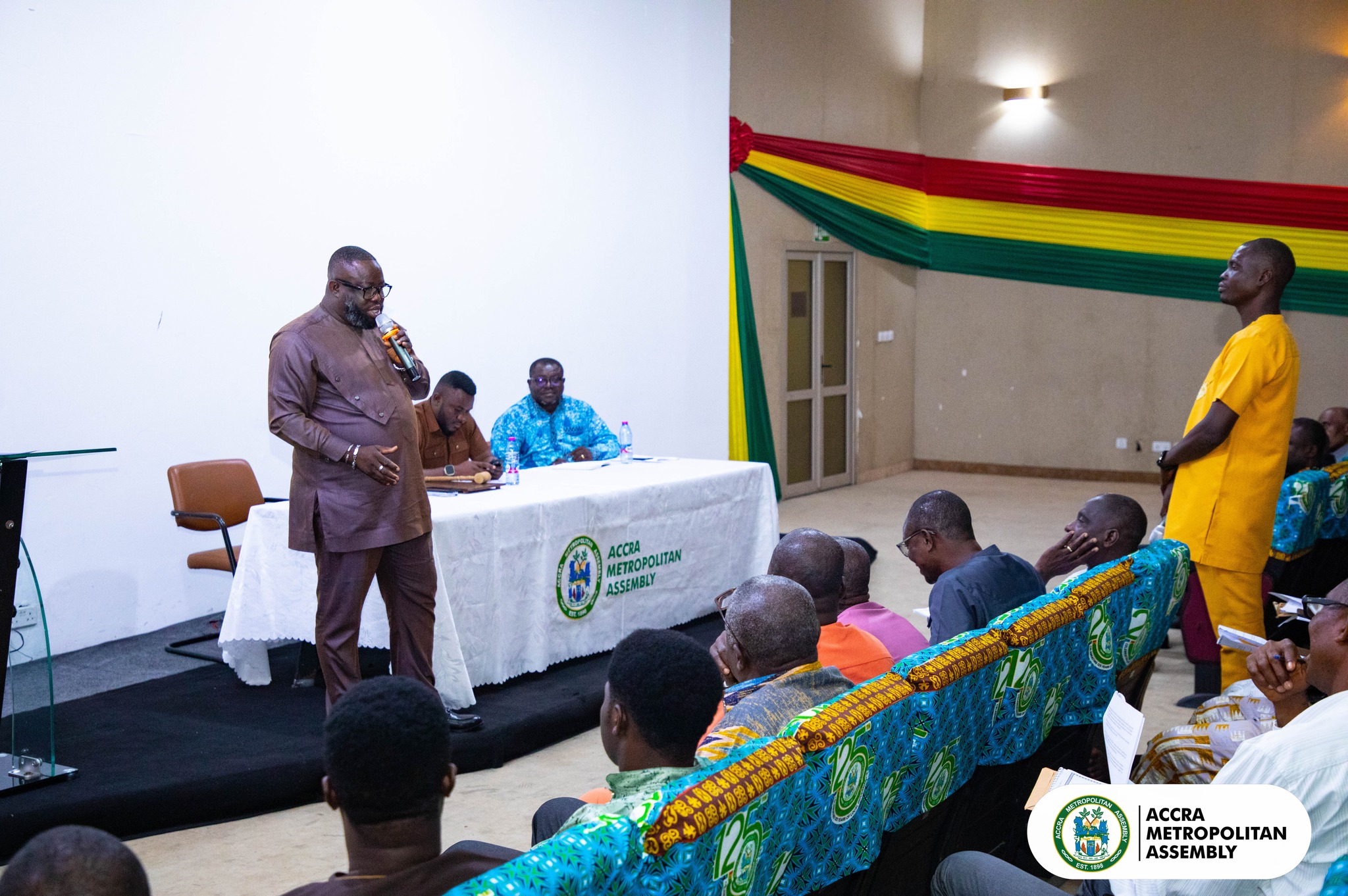Dr Constance Bart-Plange, Programme Manager of the National Malaria Control Programme (NMCP) on Wednesday lauded Ghana’s development partners for their commitment to the fight against malaria.
She noted that logistical support and financial commitment of the Global Fund, World Health Organisation, UNICEF and the United States Agency for International Development in the fight against the disease could not be over-emphasised.
Dr Bart-Plange said this at a durbar to commemorate this year’s celebration of the National World Malaria Day (WMD), on the theme: “Sustain gains, save lives; invest in malaria.”
The WMD was instituted by the World Health Assembly at its 60th assembly and is held on April 25 every year to, at among other things, recognise global efforts to provide effective control of malaria.
Dr Bart-Plange observed that the continual huge financial support from development partners for malaria control interventions in recent years had led to a reduction in the death rate.
She explained that, reducing the impact of malaria was the key to the achievement of the Millennium Development Goals (MDGs), geared towards not only combating the disease, but the improvement of women’s and children’s rights to health, access to education and the reduction of extreme poverty.
The programme manager emphasised that, the investment in malaria control had created unprecedented momentum and yielded remarkable returns in the past years.
She indicated that malaria deaths had been cut by more than three quarters within the last 11 years.
“There has been reduction in malaria cases, such that, only 37.5 per cent of Out Patient Department cases unlike the previous 45-50 per cent cases, are due to malaria”, Dr Bart-Plange said.
She explained that the NMCP continued stocking at least 95 per cent of health facilities in the country both public and private, with the most affordable and high quality anti-malaria drugs.
Dr Bart-Plange announced the NMCP had completed distribution of free treated insecticide nets in seven out of the 10 regions, adding that , an evaluation study conducted in these regions showed that 85 per cent of children under five years sleep in the nets.
She stated that very soon, malaria vaccines would be introduced as an addition to all interventions put in place to control the disease.
Mr Eric Opoku, Deputy Brong-Ahafo Regional Minister, said Ghana was on course to meeting the targets for the MDGs four, five and six, which specifically focus on health.
The target for malaria, he said, was to halt and begin to reverse the incidence of malaria and other major diseases by 2015.
He said HIV and AIDS prevalence dropped from 2.6 per cent to 2.0 per cent, according to the 2010 HSS Report, while malaria cases also dropped from 47.8 per cent to 33.3 per cent.
Mr Opoku reiterated government’s unflinching support to any initiative or intervention that would help reduce incidence of malaria and other contemporary health challenges to the barest minimum.**
Source: GhanaWeb












